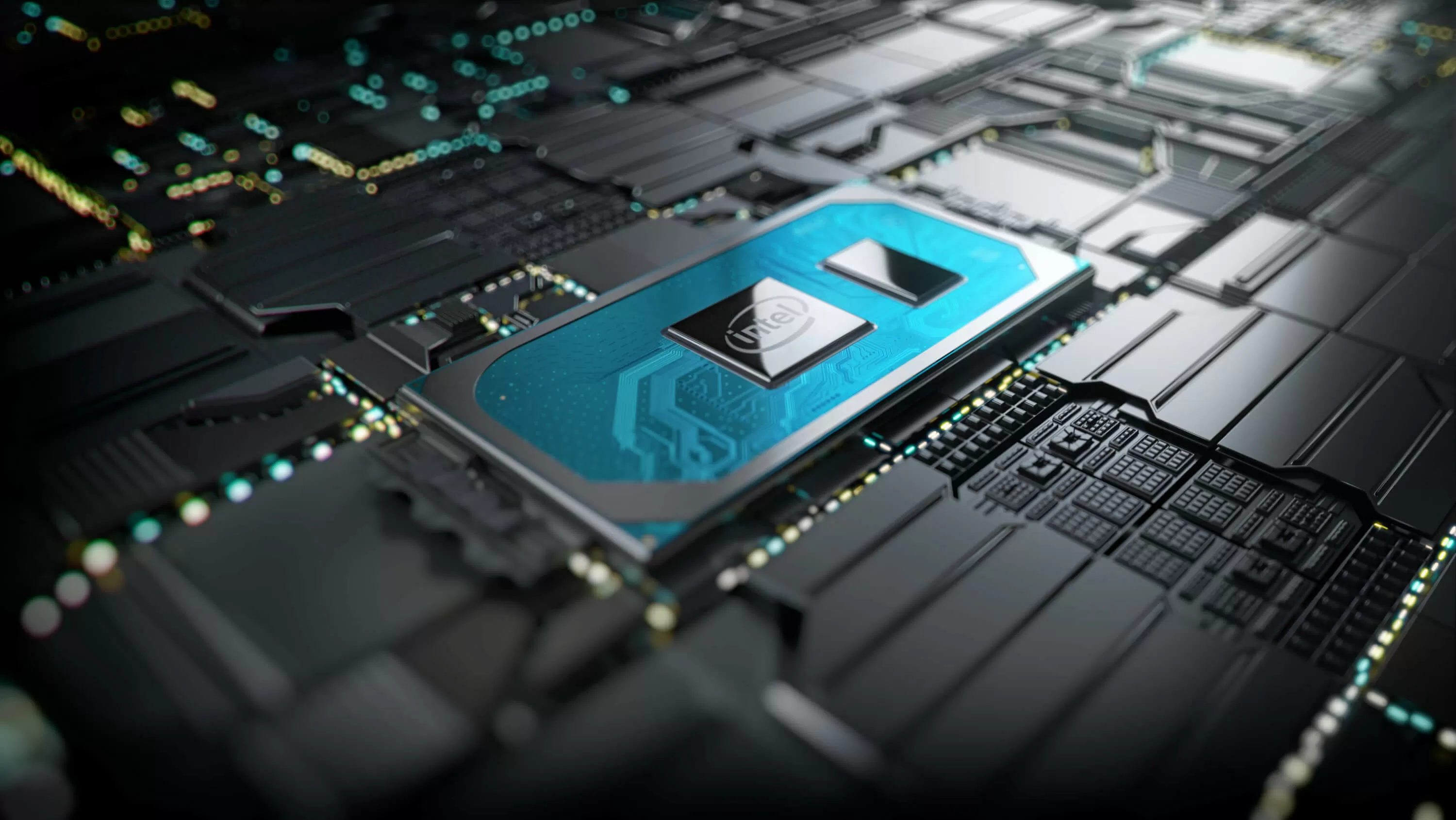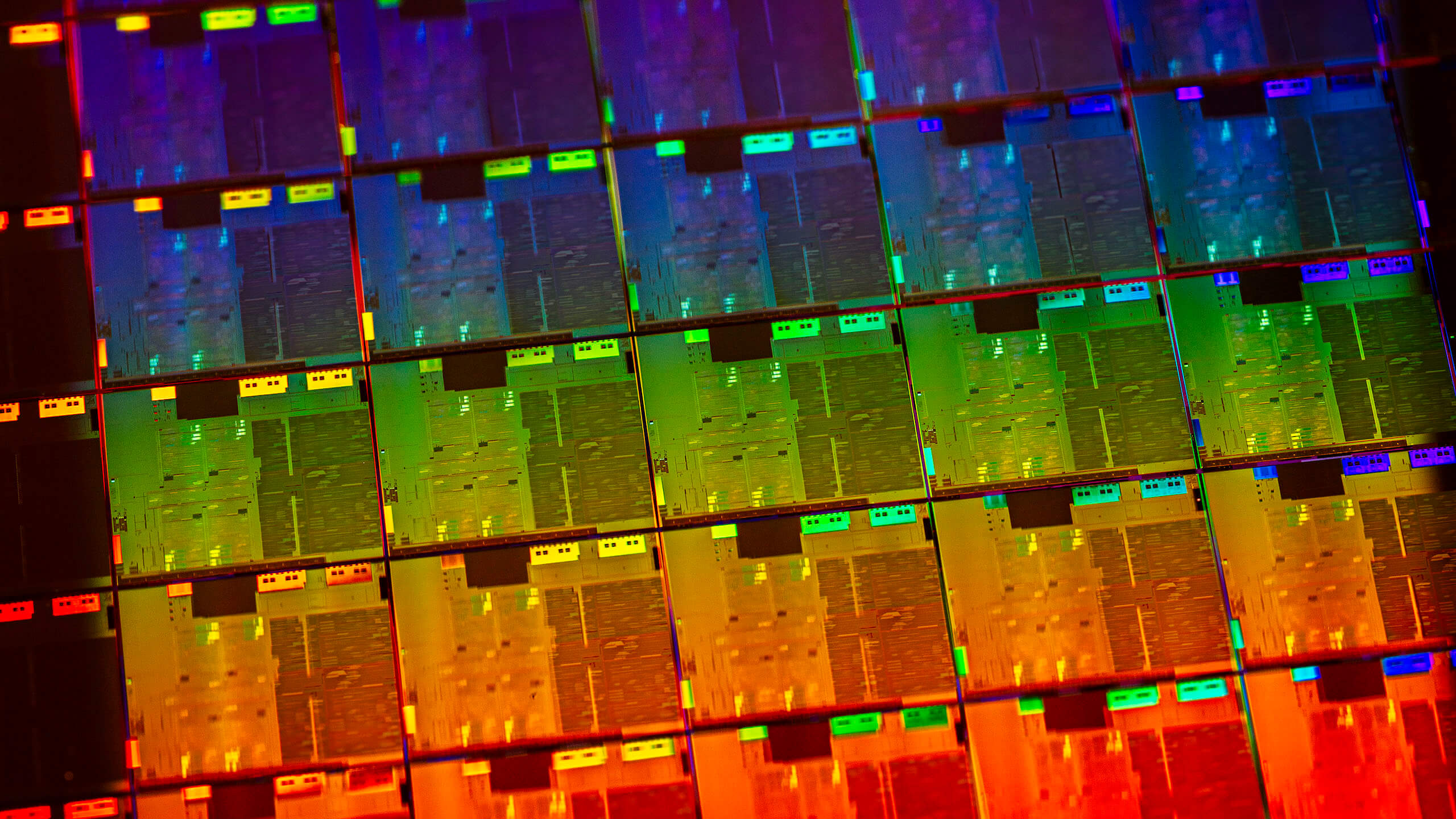In brief: Laptop manufacturers haven't used Intel's 8th generation 28 W CPUs in their designs, so Intel appears to have decided that Apple is the only company that will be able to use the newer 28 W, 10th-gen Ice Lake parts. The same is true for its 10 W, Ice Lake Y CPUs.

Widespread reports indicate that Apple has been working on ARM-based CPUs for its Macs for years now, presumably to reduce its dependence on Intel chips that don't seem to get a lot faster with every new generation.
However, that doesn't mean its relationship with Intel is suffering, and in fact it looks like it might be getting stronger. As spotted by the folks over at Notebookcheck, some chips from Intel's 10th-gen Ice Lake lineup have been marked as exclusive for Apple products.
Take the Core i7-1068G7, which is supposed to be the most powerful part in the whole lineup. Recently, Intel quietly removed the chip from their online database and added the Core i7-1068NG7. To further complicate things, the silicon giant did the same thing with the Core i5-1038G7, which has been superseded by the i5-1038NG7.

Apparently, the 'N' in the name designates these as Apple exclusive chips that will only go inside the company's new 13-inch MacBook Pro that comes with an improved keyboard and was launched earlier this month. The parts are rated for a TDP of 28 W, while the rest of the Ice Lake-U chips that go inside most laptops are rated for a TDP of 15 W and configurable for up to 25 W.
The same applies to the latest MacBook Air, which is powered by a 10 W Core i7-1060NG7 and Core i5-1030NG7, while other laptops will feature 9 W parts from the Ice Lake Y lineup. What Apple gets with the 'N' versions of the chips is a smaller package size, higher base frequency, and 50 percent more execution units on the integrated Iris Plus Graphics.
https://www.techspot.com/news/85200-intel-making-28w-ice-lake-chips-exclusive-apple.html